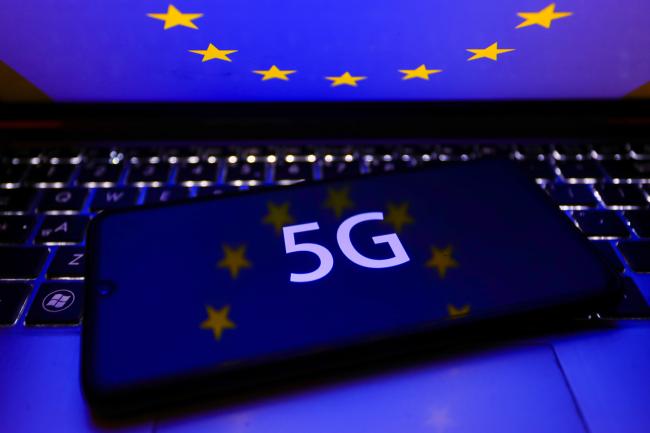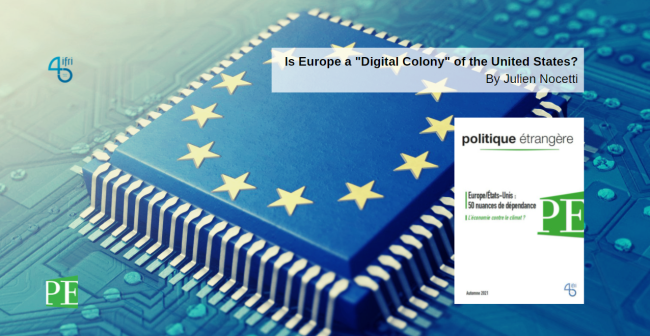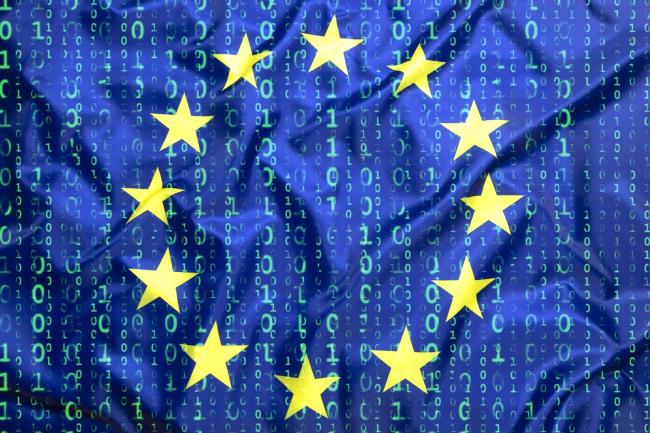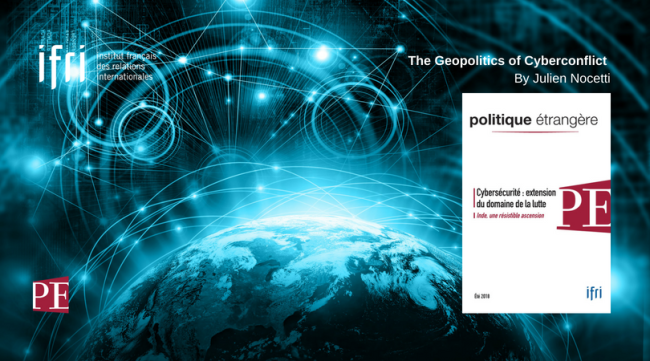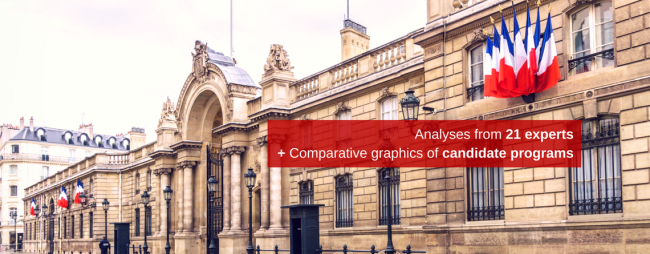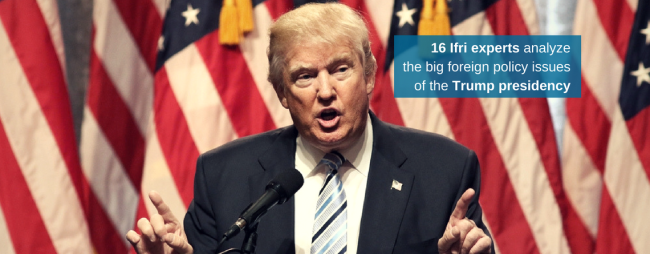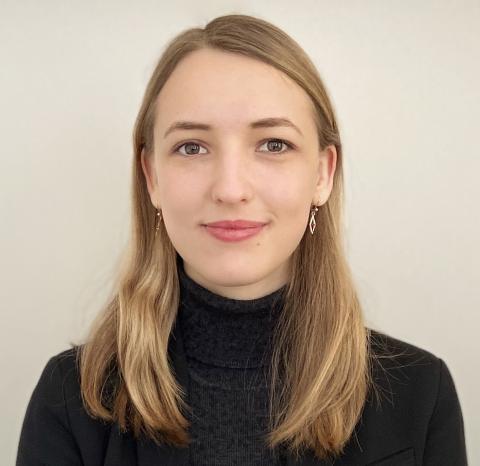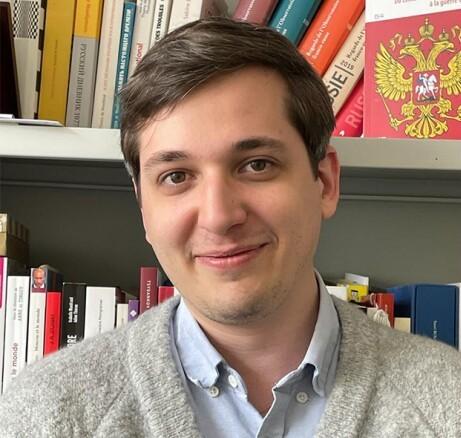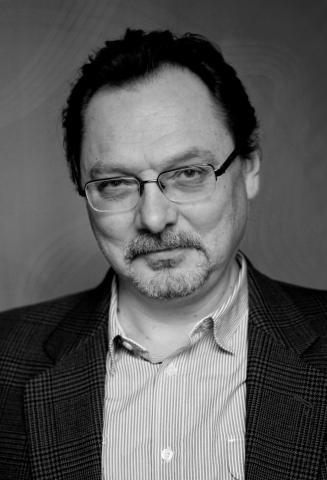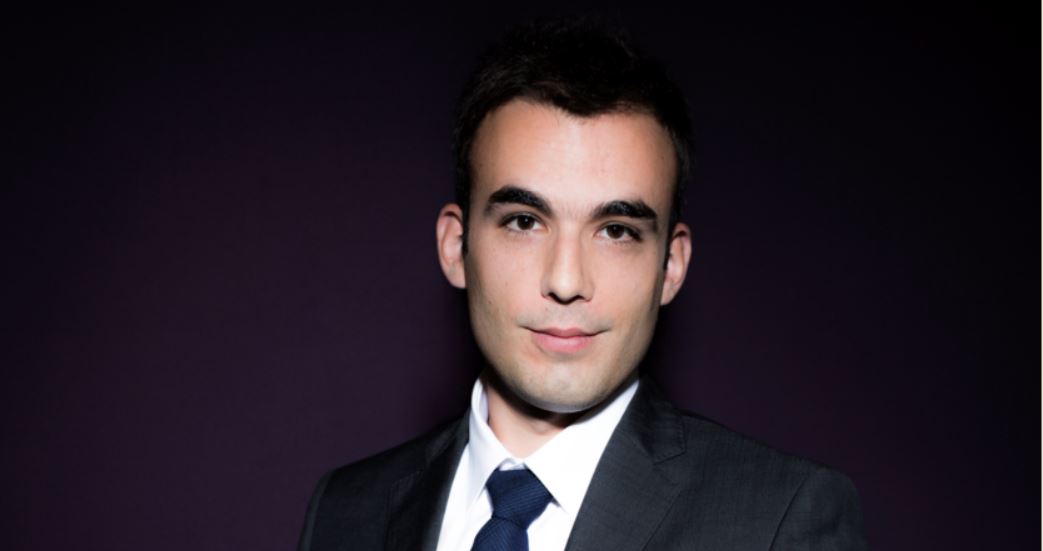
Prénom de l'expert
Julien
Nom de l'expert
NOCETTI
Associate Fellow, Russia/Eurasia Center and Center for Geopolitics of Technology, Ifri
Research Areas:
- Digital geopolitics: cyber-conflict; Internet governance; artificial intelligence ; 5G; data
- Digital/cyber strategy of the Russian authorities; digital mobilization; information warfare
- Russian foreign and security policy
Julien Nocetti is an associate researcher at the Geopolitics of Technology Center and at the Russia/Eurasia Center of the French Institute of International Relations (Ifri). He is currently an advisor on digital, cyber and technological affairs at the Center for Analysis, Forecasting and Strategy (CAPS) of the Ministry of Europe and Foreign Affairs. He is also an associate member of the GEODE center (Geopolitics of the Datasphere – Paris 8 University) and teaches technology diplomacy at the Sciences Po School of International Affairs (PSIA). He was a teacher-researcher in international relations and strategic studies at the Saint-Cyr Coëtquidan Military Academy (2019-2023) and a researcher at the Russia/NEI Center at Ifri between 2009 and 2019. He holds a doctorate in political science from the National Institute of Oriental Languages and Civilizations (INALCO).
His research focuses, on the one hand, on digital geopolitics, particularly cyber conflict, international governance of the Internet and artificial intelligence and the manipulation of information. On the other hand, a specialist in Russian foreign policy, he works on Russian policies on cybersecurity and information warfare, as well as on Moscow's policy in the Middle East.
On all of these issues, he regularly participates in international conferences and publishes comments in the French and international press; information warfare
Russian foreign and security policy.
See more











